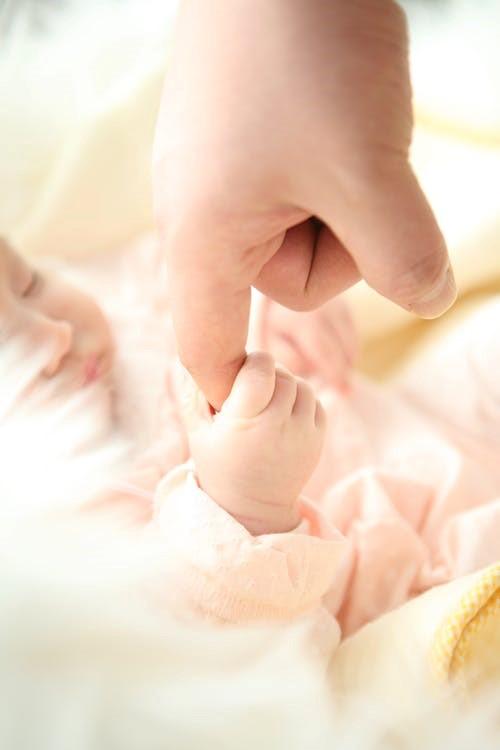Raising children is a daunting task, as newborns are more susceptible to illnesses due to their immune systems and bodily functions not being fully developed compared to adults. Therefore, as parents, it is essential to understand relevant knowledge to prevent potential health issues. When a child encounters health problems, it becomes particularly important to take timely measures to address them. Next, let us explore a common phenomenon: what a runny nose in a two-month-old baby might signify.
A runny nose may be commonplace in adults, but if a baby has a persistent runny nose, it should be taken seriously, as it could be an early sign of rhinitis. Thus, closely monitoring the baby’s health is crucial.
The circumstances of a baby’s runny nose can vary and should not be generalized. First, a cold can cause acute rhinitis, leading to inflammation and swelling of the nasal cavity, initially resulting in clear nasal discharge that later becomes purulent, typically resolving on its own in about a week. Secondly, persistent clear nasal discharge accompanied by nasal congestion, sneezing, and itching—especially noticeable in the morning—may indicate allergic rhinitis, particularly when associated with asthma. Additionally, if there is a foreign object in the nasal cavity, one nostril may discharge foul-smelling mucus, potentially mixed with blood, necessitating vigilance to ensure the child hasn’t inserted small objects into their nose. Furthermore, sinusitis as a complication of acute or chronic rhinitis can lead to a continuous runny nose, sometimes accompanied by headaches. Finally, if a baby exhibits unilateral nasal congestion, has difficulty blowing their nose, and this impacts their sleep quality, nasal polyps may be the underlying cause.
Regarding the situation of a two-month-old baby with a runny nose, the above content provides possible explanations. Parents should accumulate relevant knowledge in their daily lives to respond calmly when faced with issues, avoiding panic. Therefore, every parent should carefully learn and remember this information to safeguard their child’s healthy growth.


